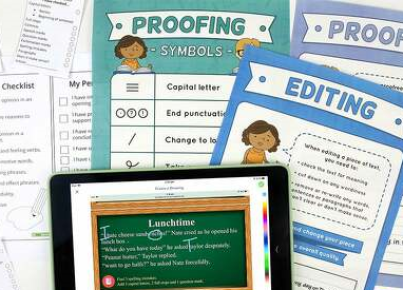Introduction
The art of speaking is as old as human civilization itself. Developing strong speech and debate skills can help you excel in various aspects of your life, from personal relationships to professional conversations. Whether you are delivering a keynote address at a conference or participating in a competitive debate, understanding how to craft persuasive arguments is essential. In this article, we will discuss effective strategies for writing winning speeches and debates that captivate your audience and convey your message with clarity and conviction.
1. Know Your Audience
Before you begin writing your speech or debate argument, it is crucial to understand your audience. Consider their age, education level, cultural background, political affiliations, and interests. This knowledge will help you tailor your content and delivery style in a way that resonates with your listeners. Be empathetic towards your audience’s point of view, their concerns, and their expectations.
2. Establish a Clear Objective
Identify the specific goal of your speech or debate. Are you trying to persuade, inform, inspire or entertain? Having a clear objective will help you develop compelling arguments and ensure that your message stays focused.
3. Engage with a Strong Opening
Capture your audience’s attention from the very beginning by starting with an impactful opening statement. You can use an intriguing question, anecdote, startling fact, or powerful quote to pique their interest. This sets a high energy level for the rest of your speech or debate, ensuring that you have their attention from the outset.
4. Organize Your Thoughts
Structure your speech or debate logically by presenting your ideas in a coherent sequence that effortlessly transitions from one point to another. Divide your content into clear sections with subheadings to facilitate comprehension and memory retention.
5.Use Evidence to Support Your Arguments
Appeal to logic by backing up your claims with concrete evidence and statistics whenever possible. This not only adds credibility to your speech but also makes your arguments more convincing and difficult to refute. In debates, be prepared to provide credible sources for your evidence and address potential counterarguments that your opponent may use.
6. Apply Persuasive Techniques
Employ persuasive techniques such as ethos (an appeal to credibility), pathos (an appeal to emotion), and logos (an appeal to logic) to make your arguments more compelling. These rhetorical tools can help you connect with your audience on a deeper level and convince them of the validity of your position.
7. Practice Effective Delivery
Your body language, tone, and pacing can significantly influence how your message is received. Maintain eye contact with your audience, project confidence through good posture, and modulate your voice for emphasis when necessary. Don’t rush through your speech or debate; give your listeners time to process each idea as you present it.
8. End with a Memorable Conclusion
Wrap up your speech or debate with a powerful conclusion that reinforces the main points you’ve made, summarizes the key takeaways, and leaves a lasting impression on your audience. You may also include a call to action, urging your listeners to take specific steps towards addressing the problem or issue you raised.
Conclusion
Writing winning speeches and debates requires a solid understanding of the audience’s needs, effective organization of thoughts, incorporation of persuasive techniques, and confident delivery. With practice and dedication, you can master the art of persuasion and make an impact in any speaking situation.




